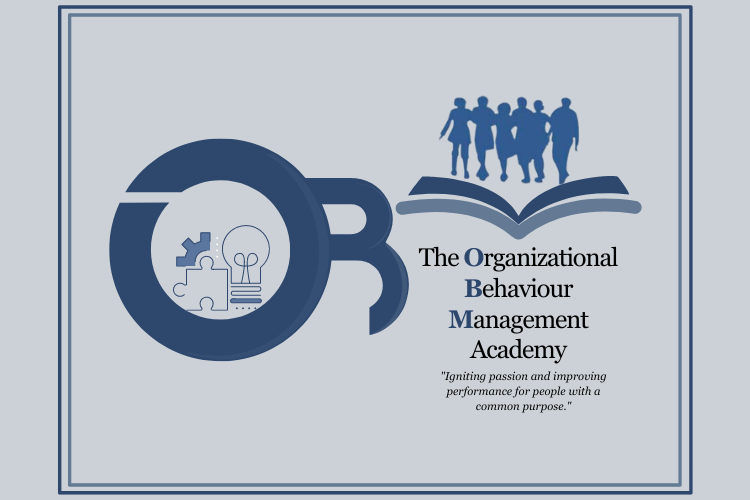What is Organizational Behaviour Management (OBM)? What is Performance Management (PM)? Are OBM & PM tautologous?
Let’s dig into the background of OBM. Don't worry, this is no boring history class. We believe that one of the best ways to understand a new concept is to travel back in time and know where it comes from and the processes that led to its inception. You may even want to read the primary sources, which are exciting!
Are you new to PM? If not, you may have heard about the strategic and systematic processes of improving employee performance using science. But you may still want to ask industry interlocutors what they discussed – using science to improve performance, but you couldn’t raise your hand. Or you may even want to know the difference between Organizational Behaviour Management and Performance Management, if any.
In simple terms, Performance Management (PM) is a sub-discipline of Organizational Behaviour Management (OBM), along with other application areas: Behaviour-based Safety, Behavioural Systems Analysis, Consumer Behaviour Analysis, Health and Wellness, Monetary Incentive Systems, Training and Development, and Leadership and Culture.
The focus of PM is on the assessment, analysis, intervention and evaluation of employee performance. The interventions within PM include training, task clarification, prompting, response effort (duration, latency and inter-response time, among others) manipulations, equipment modification or accommodation, and performance feedback, to name a few. Using the interventions mentioned, OBM provides contingency management principles to improve employee performance. From a systems view, if individual employee performance is at the optimum levels after using OBM contingencies and PM tools, there is a strong possibility of positive individual employee performance, which contributes to robust Organizational Behaviour.
Let’s dig into the background of OBM. Don't worry, this is no boring history class. We believe that one of the best ways to understand a new concept is to travel back in time and know where it comes from and the processes that led to its inception. You may even want to read the primary sources, which are exciting!
OBM is one of the tranches, from Taylor’s (1911) principles of Scientific Management and was expanded using the principles in Skinner’s (1953). Reading these two sources, you will realize that people are diverse and behave and interact differently in situations. So as not to challenge a unified concept of organizational behaviour, which is crucial to support productivity and socio-economic efficiency, we need to use PM tools and intervention to bring skills or performance or behaviours of people as employees to the level of expectation that will support the terminal goals of organizations.
Why is Performance Management important?
You may come across diverse people practicing in professions and industries. Despite the diversity, these professionals can perform similar skills and competencies to merit the rectification of names and roles. This supports the value of propriety.
Also, employees in diverse teams perform tasks based on their respective training, environmental manipulations, equipment modification or accommodation, and performance feedback. Tasks are often repeated and reach mastery, contributing to the most efficient organizational performance because of scientific performance management. Using PM tools and its interventions for individual employee development contribute to the growth of organizations.
Visit our courses and resources on Performance Management Microlearning Series. If you are a Behaviour Analyst, you may want to learn from our Behavioural Science for SMARTer Workplaces course and get some continuing education credits.
Contact us if you want some coaching or training or are just interested in having a happy chat about PM or OBM or both!
